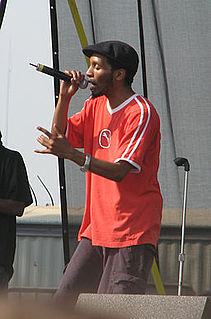A Quote by Sylvia Lim
Has the Ministry assessed what manpower savings or cost efficiencies have been derived from such use of new technologies, and how policing capabilities have been enhanced? What new initiatives can we expect, and how will the police guard against their officers being “de-skilled” by over-relying on technology?
Related Quotes
In the 10 or so years since e-sourcing technology first made its way into grocers' procurement departments, the results secured have been remarkable: frequent double-digit savings in both direct and indirect categories, new process efficiencies, higher procurement contract compliance, dramatically lower savings leakage - and the list goes on.
There's been a lot of talk about body cameras as a silver bullet or a solution. I think the task force concluded that there is a role for technology to play in building additional trust and accountability, but it's not a panacea, it has to be embedded in a broader change in culture and a legal framework that ensures that people's privacy is respected and that not only police officers but the community themselves feel comfortable with how technologies are being used.
The murder clearance rate now in my city Baltimore is almost non-existent. Nobody can solve a murder, nobody can do any actual police work, because they've learned how to do bad police work, chase drugs. Fighting vice, while being unable to respond to sin. Generations of cops have learned how not to police work by policing the drug war. Not only are they police brutal, they're ineffective. Baltimore is more violent than it has ever been in modern history.
Hip hop is just a reflection of what's going on, or where the art is....Technology definitely gives artists a new mind, new voice and creativity. Right now people need to be more places at once....so whatever can get people to the next level to be efficient is how technology is going to be used......The danger is if people are relying too much on the machines, that new mind and new voice always has to come from within.
The technologies that will be most successful will resonate with human behaviour instead of working against it. In fact, to solve the problems of delivering and assimilating new technology into the workplace, we must look to the way humans act and react. In the last 20 years, US industry has invested more than $1 trillion in technology, but has realised little improvement in the efficiency of its knowledge workers and virtually none in their effectiveness. If we could solve the problems of the assimilation of new technology, the potential would be enormous.
We need to make growth greener, to make our economic and environmental policies more compatible and even mutually-reinforcing. This is not just a matter of new technologies or new sources of renewable, safe energy. It is about how we all behave every day of our lives, what we eat, what we drink, what we recycle, re-use, repair, how we produce and how we consume


































